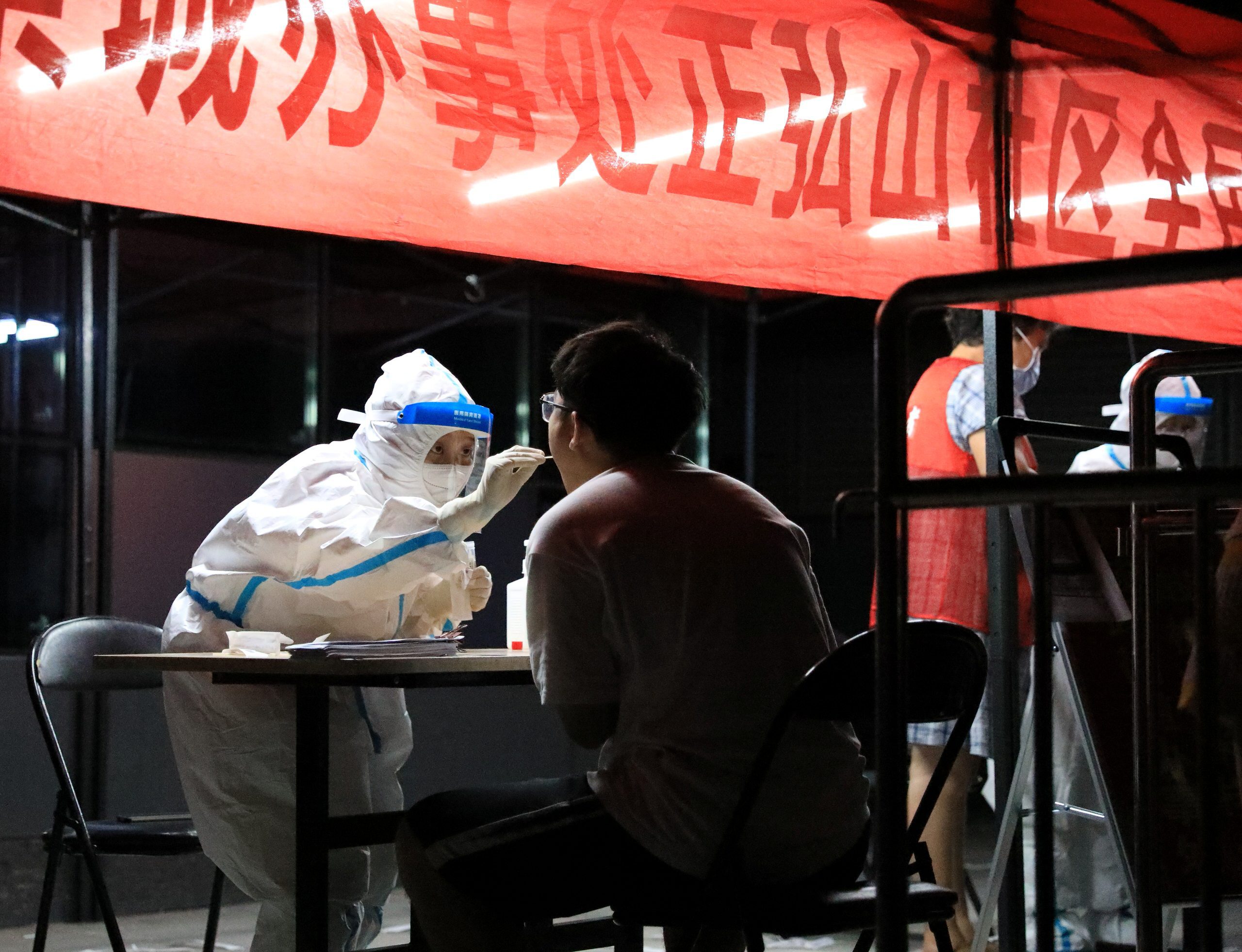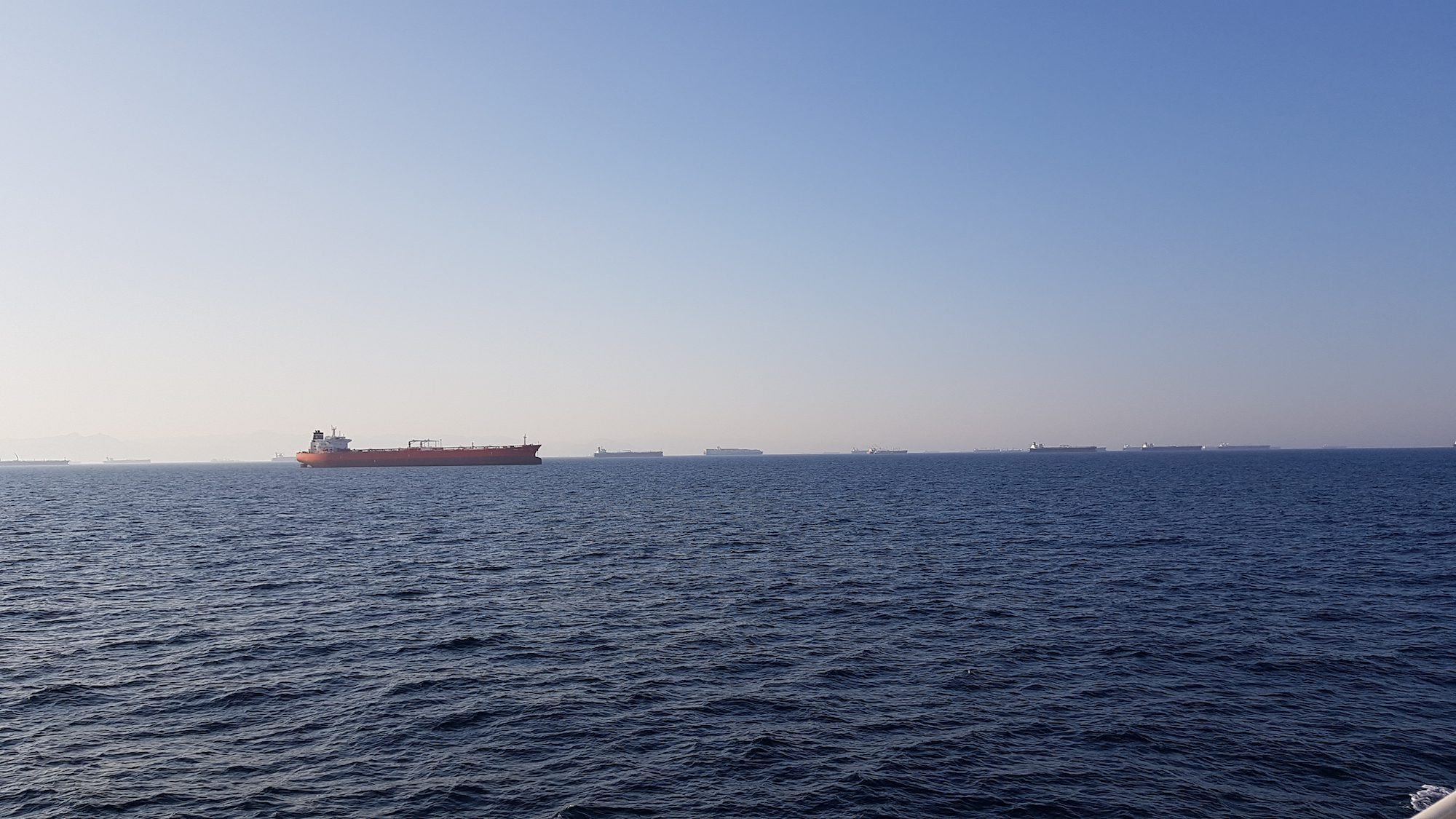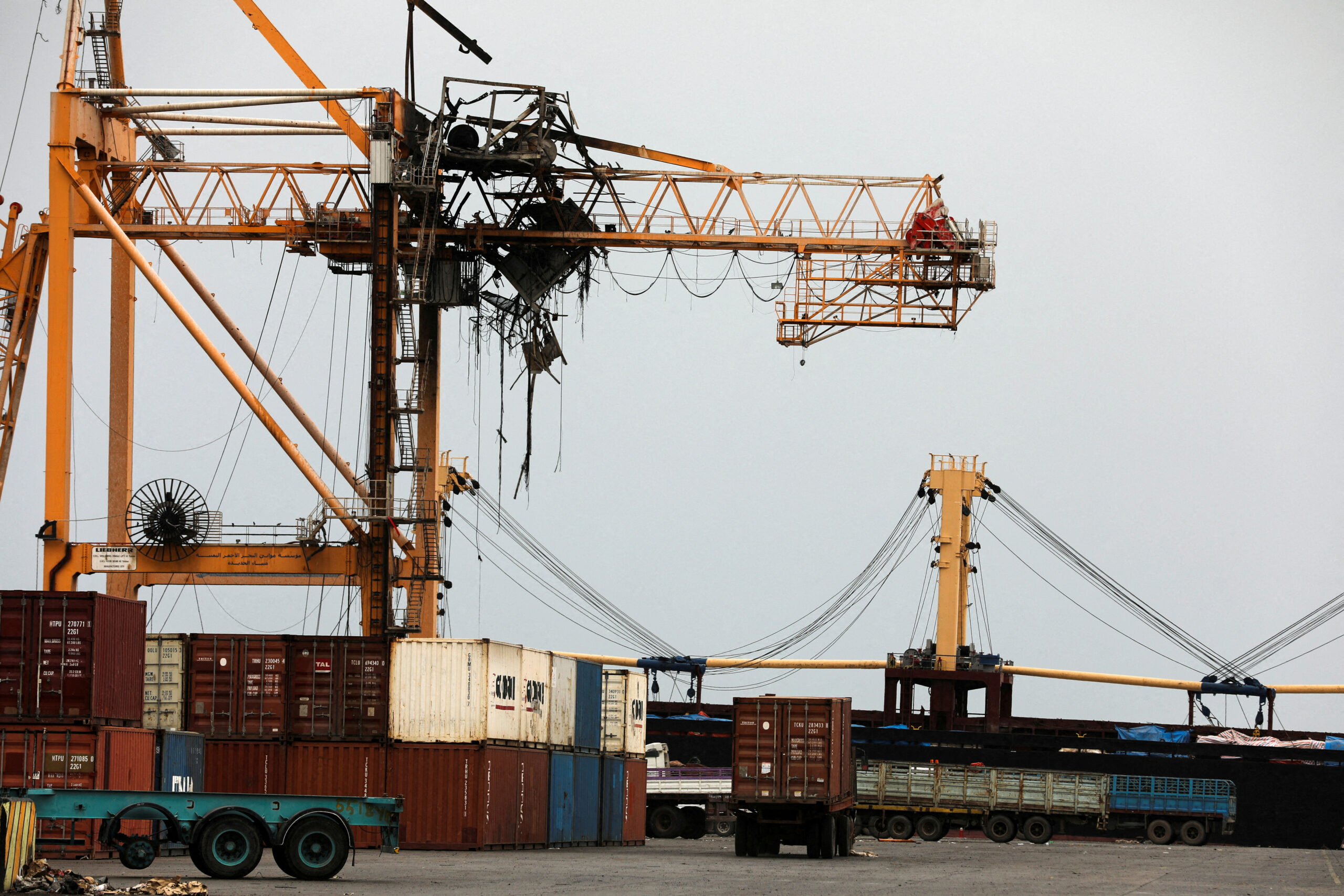By Brenda Goh and Josh Horwitz (Reuters) – Manufacturers of everything from flash drives to glass for Apple iPhone screens are warning of shipment delays as they comply with Chinese controls to curb the spread of COVID-19, further straining global supply chains.
Authorities across China are trying to stem the spread of the country’s worst COVID-19 outbreak in two years, putting millions of people in lockdown, curbing transport, and shutting factories.
Some of the toughest measures have been applied in the key manufacturing hubs of Shenzhen, Dongguan, and Changchun, as well as the Chinese financial center of Shanghai, which is home to the world’s busiest container port.
Fabien Gaussorgues, who provides contract manufacturing services from a factory in Dongguan, said he was struggling to procure parts needed for electric scooters, warehouse robots, and electric toys because of the shutdowns.
“It’s not critical yet but it’s getting more difficult every day,” Gaussorgues said. “Suppliers in Shenzhen cannot produce, so they’re not delivering goods. So next week we don’t have material for production,” he added.
Lens Technology 300433.SZ, which supplies lenses and glass material to customers such as Apple AAPL.O, said on Monday the production and delivery of some products would be impacted after it suspended work at its Dongguan plant.
And Netac Technology 300042.SZ, which makes portable hard drives and USB flash drives, similarly warned of shipment delays as its factory in Shenzhen had to stop work.
While major ports in Shenzhen and Shanghai said they were operating normally, logistic providers said there were trucking delays due to road and testing restrictions and some firms in Shenzhen had stopped their warehouses from accepting deliveries.
Refinitiv data showed increased container congestion at key Chinese shipping hubs, with the number of vessels awaiting docking in the outer anchorages of the Yangtze Estuary, Pearl River Delta, Zhoushan and Qingdao port more than double the average of March 2021.
Chinese share prices, which plunged on Monday, slumped to close at 21-month lows on Tuesday as surging coronavirus cases threatened the outlook for the world’s second-largest economy.
Other companies which have warned that the COVID-19 curbs are impacting their businesses include Chinese automaker BYD 002594.SZ, KFC operator Yum China 9987.HK, iPhone assembler Foxconn 2317.TW, Toyota 7203.T and Volkswagen VOWG_p.DE.
BYD, headquartered in Shenzhen where most companies have been told to ask staff to work from home, said that there had been some impact on production at its site.
“We are actively coordinating a response and carrying out epidemic prevention and control,” BYD said.
Yum, operator of KFC and Pizza Hut in China, said on Monday during an earnings briefing that its operations had been significantly impacted by the outbreaks, and same-store sales fell 20% year-on-year in the first two weeks of March.
“It’s a very tough month for every foodservice retailer in China,” a source at a large Western catering chain told Reuters.
(Reporting by Brenda Goh and Josh Horwitz in Shangahi, Sophie Yu in Beijing and Gavin Maguire in Singapore; Editing by Kenneth Maxwell and Alexander Smith)

 Join The Club
Join The Club











